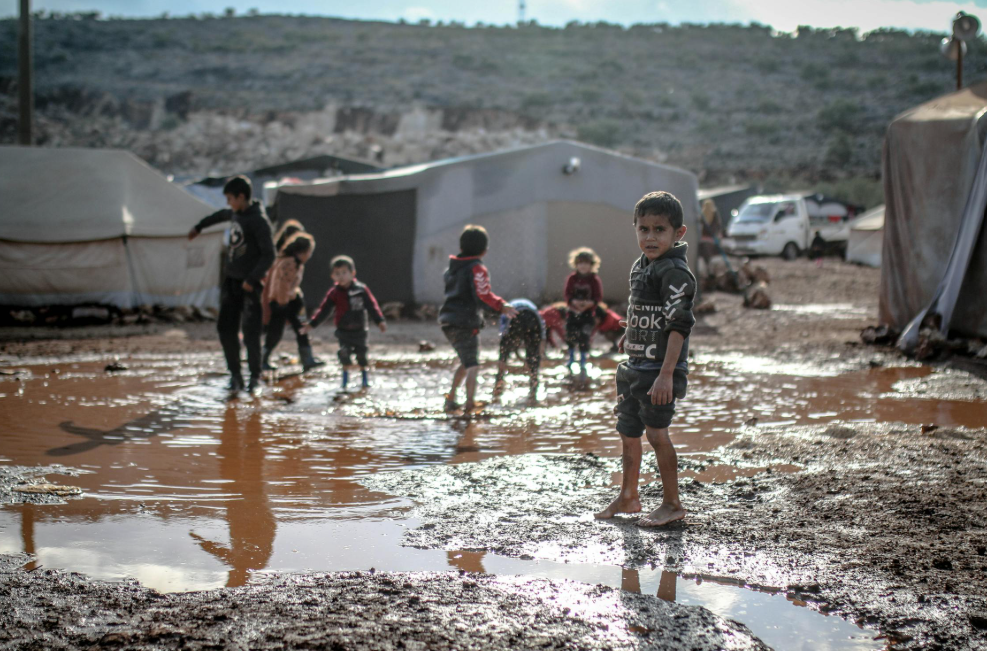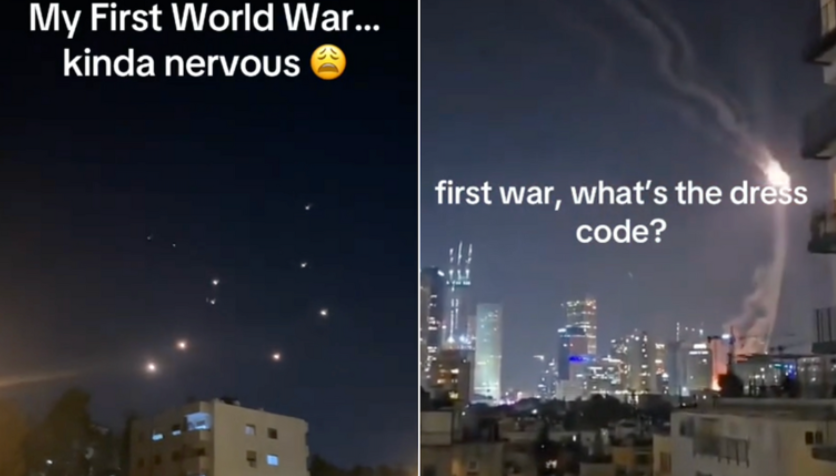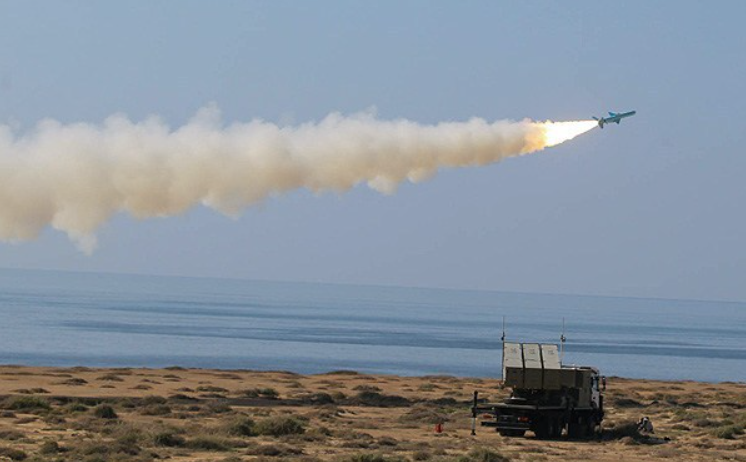“Dark Humor”: Is Gen Z Comfortable in Their Apathy?

By: Ramsey Zeidan / Arab America Contributing Writer
As of recently, the United States is officially involved in a war with Iran. President Trump announced a successful bombing campaign targeting three nuclear sites. Iran has retaliated by striking U.S. bases, and tensions are rising fast. With serious casualties and imminent conflict approaching, Generation Z has taken to social media to express how they feel. The problem? It’s all jokes; many Gen Z Americans online don’t care.
An “Unserious” Generation
Dubbed “the most unserious generation”, Gen Z has been using humor to cope with the possibility of a Third World War knocking at America’s door. Several videos have gone viral as part of a TikTok trend where users post a video of missile strikes with a caption along the lines of “My first world war… kinda nervous”. Users are also joking about dodging the American military draft, landing in Iran, and sending drone strikes. Though some young audiences on social media view this kind of dark humor as a way to cope, many would argue that these trends border on distasteful.

Reinforcing this, reports from protests show that young Americans are alarmed of war for selfish reasons and lack a more global perspective. Simply put, Gen Z Americans don’t have to grapple with the death and destruction in Gaza or losing their home in Iran. Posting memes with a trending song in the background joking about leaving a friend to die on the battlefield is an unfortunate display of insensitivity. As one TikTok user says, “How about y’all stop acting like you’re involved [in war] and make fun of such stuff? You’re not experiencing alarms, are you? You’re not scared for your life or your family…Get out!!”
America’s Anti-War Reckoning
Though World War III memes are not new in concept, this indifference is disappointing. The same generation that rallied behind essential workers during the initial wave of COVID-19, or mobilized Black Lives Matter protests through social media, now scrolls past drone strikes without care. What changed? In the past few years, pollsters and political scientists found that Gen Z Americans are the most conservative generation since Baby Boomers. This defies long-held expectations that younger people always tend to lean progressive and might explain where this brand of apathy comes from. Generally speaking, U.S. conservatives are more supportive of America’s role as a “policeman” in the Middle East.
Alongside this conservative shift, the reality is that most Gen Z Americans don’t have the full political picture. In fact, a survey from Carnegie Endowment for International Peace shows that around three fourths of Gen Z use social media to get their information about foreign policy, which is highly unreliable. Though Gen Z Americans do skew pro-Palestine, plenty more show indifference to the devastating destruction occurring in Gaza. For example, an internal report at Columbia University shows that over a fifth of its student body had “No Opinion” on the pro-Palestine encampments, but half of its students said their daily routine was at least “somewhat impacted” by the protests. On the other hand, surveys show that 84% of Americans don’t want war with Iran, yet a third support continued bombing of Iran.

Humor or Veiled Apathy?
This duality between concern and disdain for the Middle East is the exact problem. Complaining about encampments or laughing at missile strikes then turning around and begging for the U.S. to stay out of Iran is hypocritical. Gen Z Americans lean progressive on certain issues, but that progress is lost when this rhetoric becomes mainstream. Whether it’s protests, gunfire, or airstrikes, the sacrifice of people on the ground doesn’t deserve our jest. Of course, not all young Americans feel this way, and plenty have done their part to speak out. Nevertheless, these World War III trends reveal a larger problem that should be addressed.
The rise of World War III memes isn’t just about jokes: it’s a collective way of processing fear. Yet, for those who remain completely removed from the conflict, most of these jokes are just insensitive. An inability to take war seriously demonstrates veiled apathy towards the Middle East disguised as “coping”. However, there is still hope for the future. Gen Z as a whole tends to stand against American interventionist policies, especially in the Middle East. Though the price is high, public opinion is finally turning around on Gaza, with Generation Z leading the charge to fight for Palestinian rights. Only time will tell what young Americans will make of outdated foreign policy in the Middle East. Let’s hope Gen Z can turn it around for the better.
Want more articles like this? Sign up for our e-newsletter!
Check out our blog here!








